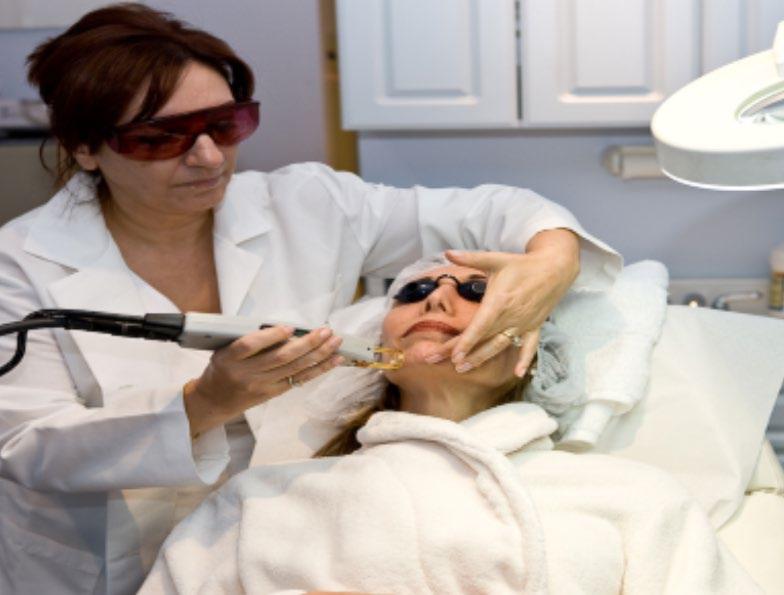Applying Positive Psychology to the Pandemic
W
e are being asked what seems impossible—to live completely differently for a year or more, with reduced or complete loss of incomes, worry about family and physical isolation from those closest to us. Additionally, we're dealing with the devastating loss of life, illness and food and housing insecurity. Positive psychology offers opportunities to learn how best to survive and even thrive during this unwelcomed test of our humanity. Positive psychology viewpoints and strategies can sustain us during this time, to help regain our positivity, promote engagement with whatever life we are living, maintain or improve our relationships, create meaning in our life, feel as though we are accomplishing something even when the world says we are not and retain our health and vitality without going to the gym.
What is Positive Psychology? Positive psychology was started by a University of Pennsylvania psychology researcher, Dr. Martin Seligman, whose 22
by Ann C. Reeves entire career is based on evidence-based science. Positive psychology was developed as a correction to the early emphasis on pathology in mental health functioning. Seligman wanted to scientifically investigate what is right about us, rather than just what is wrong, and positive psychology interventions reflect his and many others’ research findings. The evidence of the benefits of being happier is powerful. A meta-analysis of hundreds of studies suggests that happiness is related to increased income, physical health and more fulfilling relationships. Based on the most recent neuroscience, positive psychology addresses all areas of human functioning, teaching very doable techniques and skills to create a more positive and meaningful life through any of the following areas, outlined by Seligman’s “PERMA” theory.
POSITIVITY Positive psychology views “happiness” as a sense of well-being or deep contentment,
Fairfield County/Housatonic Valley Edition
eNaturalAwakenings.com
not the cheery caricature of happiness we see on the media. Neuroscience suggests that the threat-detection part of our brains is naturally tilted toward survival—a bias toward protecting ourselves. People with heightened anxiety and fear tend to have stronger reactions than those who don’t, often related to histories of trauma and stress. Positive psychology offers strategies that help prime the brain toward the positive. Creating daily, simple “What Went Well” and gratitude journals have helped many people because they encourage our brains to search for something positive. Professor Barbara Frederickson at the University of North Caroline had written extensively about her Broaden and Build theory of positivity, which suggests that even one positive experience creates an upward spiral toward emotional well-being. One strategy to promote positivity is to examine whether you have a fixed mindset or a growth mindset. Someone with a fixed mindset thinks that their




